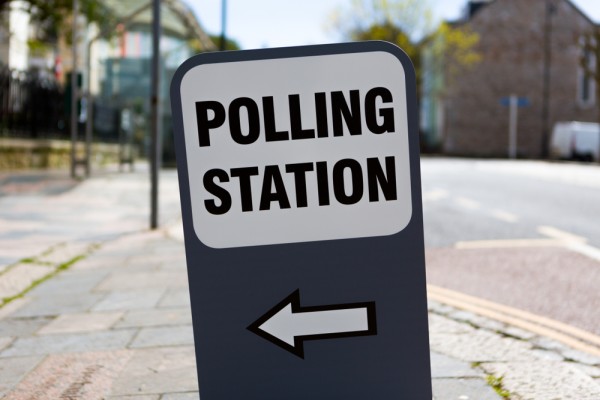Electoral Commission hack and the ongoing threat to democracy
15/08/2023 | The Conversation
News about the recent cyber-attacks against the UK Electoral Commission has once again highlighted the ongoing threat to democracy from malicious online interference. Cybersecurity experts have long warned of the vulnerability of democracies to such attacks. Although officials have reassured the public that the integrity of our elections is not under immediate threat, this attack reveals the serious and ongoing threat posed by cyber-interference from foreign nations and criminal organisations. To effectively defend our electoral system against such attacks, Joe Burton, Professor of International Security (Security and Protection Science) at Lancaster University, writes in an article for The Conversation about three points we should consider surrounding this latest attack. These include the determination of hostile states to use cyber-attacks to subvert democracy, the wider misuse of data in ways that affect UK national security, and the delay in reporting of cyber-breaches.

What is this page?
You are reading a summary article on the Privacy Newsfeed, a free resource for DPOs and other professionals with privacy or data protection responsibilities helping them stay informed of industry news all in one place. The information here is a brief snippet relating to a single piece of original content or several articles about a common topic or thread. The main contributor is listed in the top left-hand corner, just beneath the article title.
The Privacy Newsfeed monitors over 300 global publications, of which more than 6,250 summary articles have been posted to the online archive dating back to the beginning of 2020. A weekly roundup is available by email every Friday.

